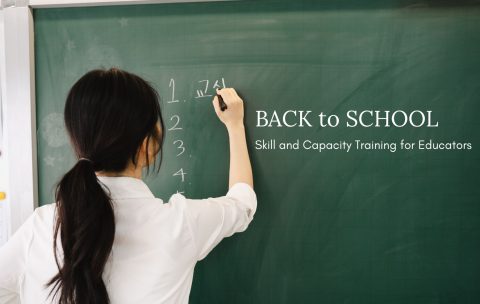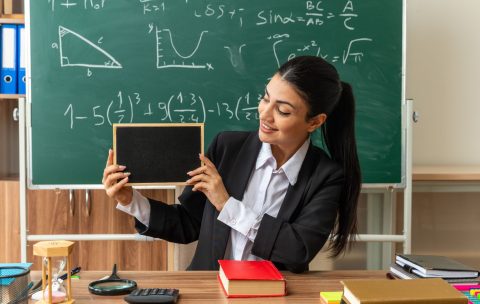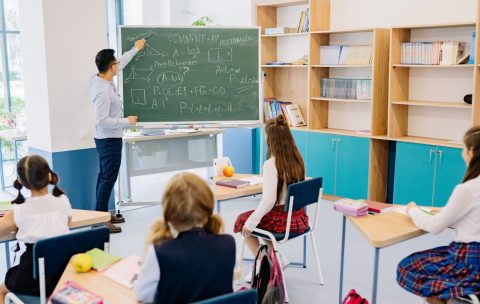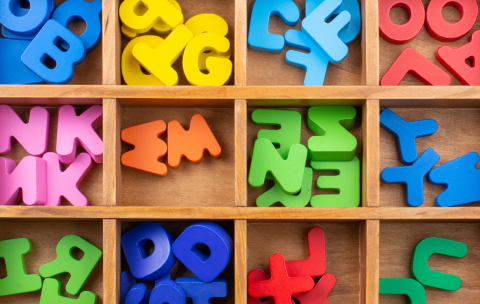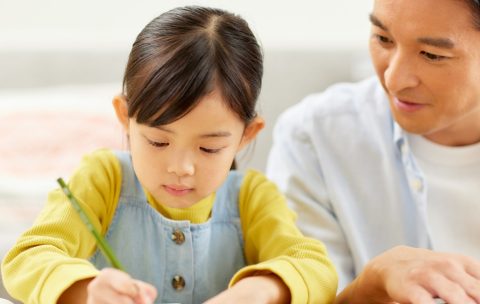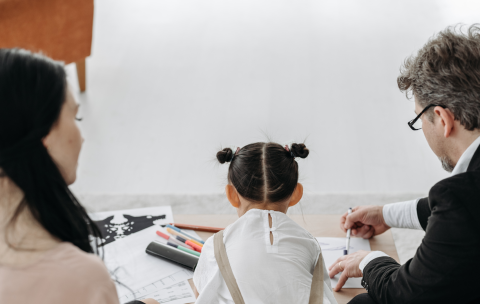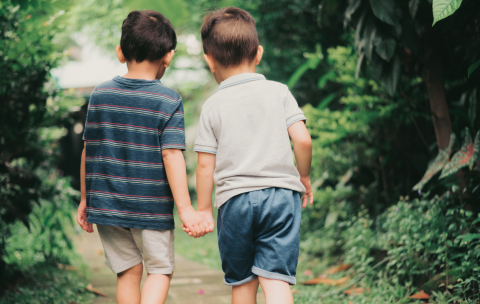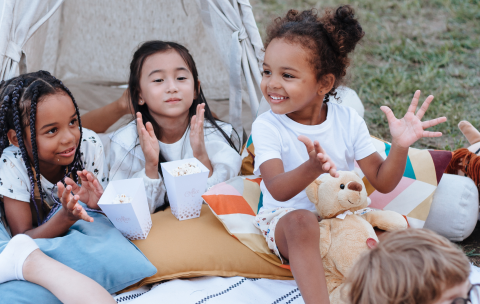Back to School For Teachers
What you'll learn
Phase I: Foundation Skills (20 Hours) – Build core teaching skills in communication, pedagogy, assessment, child development, and creative tools.
Phase II: Advanced Pedagogical Competence (20 Hours) – Deepen teaching methods with inclusive strategies, tech integration, and reflective practices.
Phase III: Placement Readiness (20 Hours) – Prepare for jobs with resume building, interview skills, emotional intelligence, and teaching demos.
Back to School program for Teacher Assistants
What you'll learn
Phase I: Foundation Skills (15 Hours) – Learn the basics of child development, classroom etiquette, school operations, and the key role of a teacher assistant.
Phase II: Practical & Technical Classroom Skills (15 Hours) – Gain hands-on skills in educational technology, computer use, supporting learning activities, and inclusive practices.
Phase III: Job Readiness & Professional Conduct (10 Hours) – Prepare for employment through resume building, interview skills, professionalism, and real classroom simulations.
Expert
Pedagogical Strategies for Effective Teaching -Session 1: Understanding the Foundations of Pedagogy
₹0.00
Pedagogical Strategies for Effective Teaching -Session 1: Understanding the Foundations of Pedagogy
What you'll learn
The meaning and importance of pedagogy in modern classrooms
Key learning theories: Behaviorism, Constructivism, Bloom’s Taxonomy
How to identify and adapt to visual, auditory, and kinesthetic learning styles
Strategies to align teaching methods with diverse student needs
Practical tools to reflect on and enhance your instructional approach
Expert
Pedagogical Strategies for Effective Teaching-Session 3: Differentiation, Inclusion & Classroom Management
₹0.00
Pedagogical Strategies for Effective Teaching-Session 3: Differentiation, Inclusion & Classroom Management
What you'll learn
Implementing strategies to support mixed-ability and diverse learners
Applying Universal Design for Learning (UDL) to build inclusive classrooms
Managing routines, transitions, and using positive reinforcement effectively
Planning for equity through real-life classroom scenarios
Things Mentally Strong Parents Do – Session 1: Regulate Yourself, Raise Resilience
What you'll learn
How your emotional state influences your child’s behavior
Strategies for managing parenting stress and emotional triggers
Techniques for modeling emotional resilience and calmness
Things Mentally Strong Parents Do – Session 2: Set Boundaries Without Shame
What you'll learn
The difference between punishment and discipline
How to set age-appropriate and respectful limits
Ways to maintain consistency without emotional harm
Things Mentally Strong Parents Do – Session 3: Let Them Fail to Let Them Grow
What you'll learn
Why failure builds resilience and problem-solving
How to offer support without taking over
Techniques to foster a growth mindset in your child
Things Mentally Strong Parents Do – Session 4: Stop Rescuing, Start Coaching
What you'll learn
How to ask powerful questions instead of giving solutions
Ways to encourage autonomy and responsibility
Communication strategies for empowering rather than enabling
Things Mentally Strong Parents Do – Session 5: Don’t Parent from Guilt or Fear
What you'll learn
How guilt and fear unconsciously shape parenting decisions
Mindful approaches to emotionally grounded parenting
Tools to parent with confidence and long-term purpose
All Levels
Things Mentally Strong Parents Do – Session 6: Raise Empowered Kids, Not Perfect Ones
₹0.00
Things Mentally Strong Parents Do – Session 6: Raise Empowered Kids, Not Perfect Ones
What you'll learn
How to support emotional expression and confidence
The impact of praise, labels, and expectations
Ways to help children feel seen, accepted, and empowered
Teacher-Student Relationship Building
What you'll learn
The science behind teacher-student relationships and their influence on motivation, behavior, and academic outcomes.
Practical communication strategies to build trust, manage conflict, and enhance classroom rapport.
Culturally responsive relationship-building techniques that respect student diversity and individuality.
How to create emotionally safe and inclusive classroom spaces that support belonging and student voice.
Reflective practices for understanding personal teaching style and its impact on student connection.

